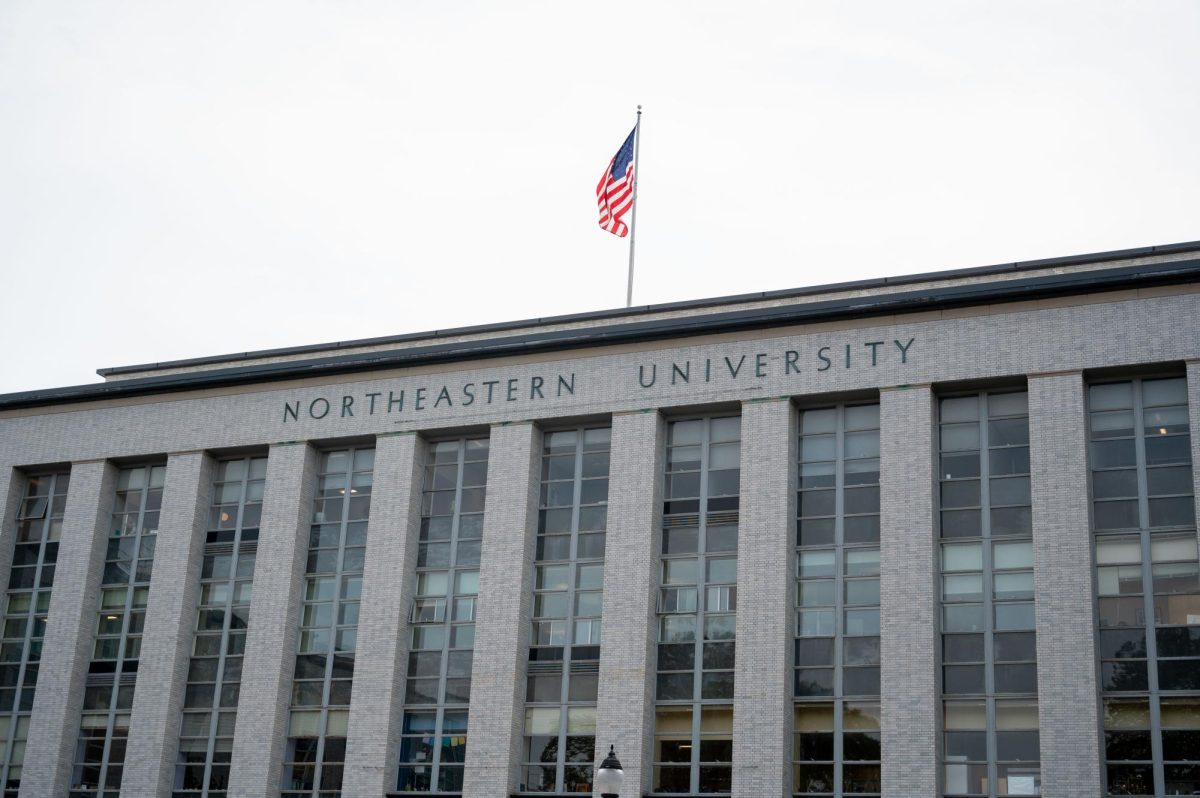By Alyson St. Amand
College students around the country are more spiritual and religious according a survey conducted by the Higher Education Research Institute (HERI) at the University of California, Los Angeles (UCLA).
Data was collected from over 3,600 college students at 46 public and private colleges and universities. It is the pilot study for a 2004 survey to be administered to incoming college freshman at 150 schools nationwide to look at college students’ beliefs and values.
According to the data, 58 percent of college students say that integrating spirituality in their lives is “very important” or “essential,” while 71 percent said they find religion to be personally helpful.
“I was brought up in a country where more than 90 percent of the population is Roman Catholic, so of course almost everything we do revolves around our religion,” said Juan Otalvaro, a sophomore criminal justice major from Columbia. “It plays a big role in togetherness and keeping families on the same page as far as morals and traditions.”
The study indicates that 70 percent of all college students attended a religious service in the past year and 77 percent said they pray.
But the terms “religion” and “spirituality” are often equated, said the Rev. John Unni of St. Ann’s University Parish.
Some students said while they don’t consider themselves to be religious, they do consider themselves to be spiritual or believe in God.
“Organized religion plays absolutely no part in my life,” said Lee Coats, a sophomore international business major. “To me, religion and God are just symbols of early man’s failure to understand and answer questions about life and the world. I’m more of a spiritual person, have my own theories on life.”
Determining religion and spirituality is very personal and can be difficult.
“It is important to think about what you believe and what is important and how you are connected to others. It is critical for self discovery and understanding,” said Jennifer A. Lindholm, a visiting professor of education at UCLA and project director of the HERI study.
Lindholm said students that completed the 2003 study were very tolerant and open to other religious and spiritual practices and ideas.









